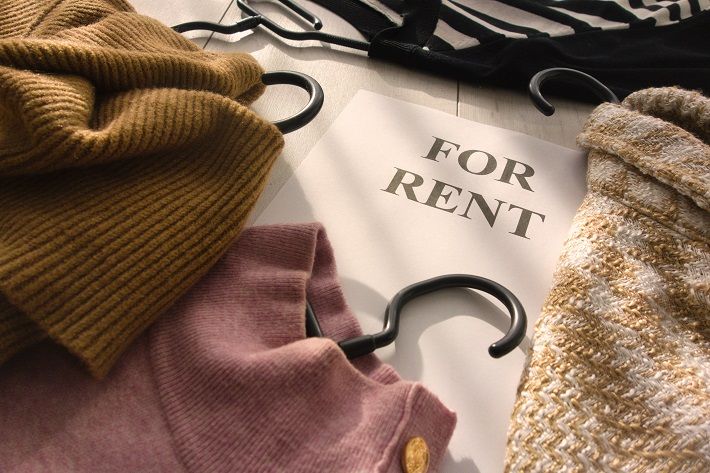
Between 2000 and 2015, apparel sales have grown by about 2 times and utilisation of garment has decreased by about 140 per cent, which means “we are not only producing more garments but also disposing them off in less time, which is leading to massive underutilisation of clothing as well as waste generation,” Priyal Shah, Program Associate – Climate Program, World Resources Institute India (WRI India), said while speaking on ‘Potential for clothing reuse business models in India’.
In 2017, it was estimated that globally consumers lose about $460 billion of value because of disposing off garments before the end of their useful life. The answer to reducing this amount lies in clothing reuse “which is the most direct lever to capture value and design out waste”, said Shah at the Sustainability Conclave organised by Fibre2Fashion.
Business models such as rental, subscription, re-commerce and repair offer opportunities to brands to earn profits, in addition to the one-time sales that they are currently doing. Shah said that it is estimated that if the average number of times a garment is worn is doubled, GHG emissions can be reduced by 44 per cent.
She said that many stakeholders, including clothing brands and retailers, recognise a potential opportunity to transition from the current system which depends on virgin resources to create profit to a system that uses fewer resources to fulfil consumer demand through circular business models.
Stating that there lies a massive opportunity for India to leapfrog in second-hand market, Shah said that India is poised to be the sixth largest apparel market in 2022. Secondly, Indians have increased their spending on clothing by 181 per cent in just 8 years from 2010 to 2018. Next, the size of middle class in India is forecast to expand at 19.4 per cent year-on-year over 2018-2022, outpacing China, Mexico and Brazil, which means there will be a shift to aspiration-based purchasing.
In such a scenario, adoption of clothing reuse business can help fulfil demands of Indian consumers with fewer virgin resources and contribute towards achieving India’s climate goals, said Shah.
Though start-ups have already started tapping into some of the business models (rental, subscription, etc), there is a need for retail brands to start testing and scaling these models for tangible impact, she concluded.
Did you miss out the event? Click here to veiw the recordings.
Fibre2Fashion News Desk (RKS)